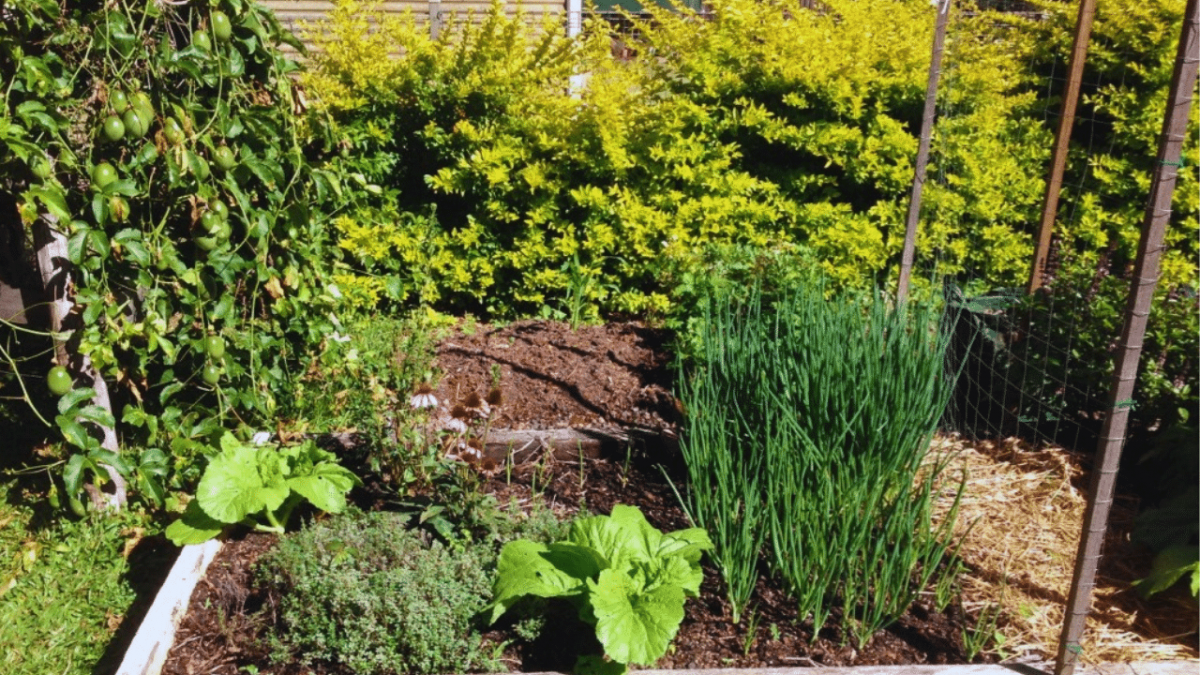Compost tea is made and sprayed out generally every 2 weeks in-between the Biodynamic preparations. I can say the Biodynamic Preps are done every month according to the BD Calendar. Compost tea has times when we might be making dandelion, or comfrey, or stinging nettle, or yarrow drenches or teas. It is all dependant on weather and seasonal plantings.
Keith’s worm farm is a hands-down favourite, we get approximately 8-10 litres per month on average of leachate (worm wee) this is mixed at various rates of 50% – 10% ratio to water dependant on the plant and delivered either as a spray or drench. There is nothing else that compares to this for plant food especially veggies. The castings supply depends on the season, summer is about 60 litres and in winter it’s about 25% of that amount. The castings are mixed in the compost and spread as needed and available.
Amazing Bees, we have one very active hive with approximately 40,000 bees in spring/summer less in winter although some natives flower in winter so the numbers are subject to the seasonal food supply.
The bees pollinate our garden (and our neighbours) and they add something to the property like our Penda Tree Xanthostemon Chrysanthus that has grown but never flowered for 7 years. The Beehive is located near the tree and this year it was ablaze with the most magnificent display of yellow balls. We believe the bees have made a massive change in the energy of the garden. We have more birds, native bees, insects, and flowers than ever before. Plus we have beautiful fresh honey yum!
Our next-door neighbour sells firewood at this time of year and we get the bark and small chips – his rubbish by the wheelbarrow full and it’s great as it’s come from properties that are cleaning up usually from cyclones or summer storms and is full of mycelium spores. We use it everywhere even as edges which make whipper snipping easy.
Belonging to garden clubs or any club associated with gardening is an excellent source of cuttings and plants they always have exchange tables or rolling raffles where you can get some excellent plants for a 5 cent ticket. The best way of receiving free plants are the birds, although they often bring in unwanted fast-growing undetected vines.
All this sounds like a lot of trouble and some days it is but we wouldn’t have it any other way, to personally know the food you eat and the trees and plants living on your property that shade you in summer and willingly supply you with fresh juicy orange, or strawberry when you take a break, how can that be called too hard?
